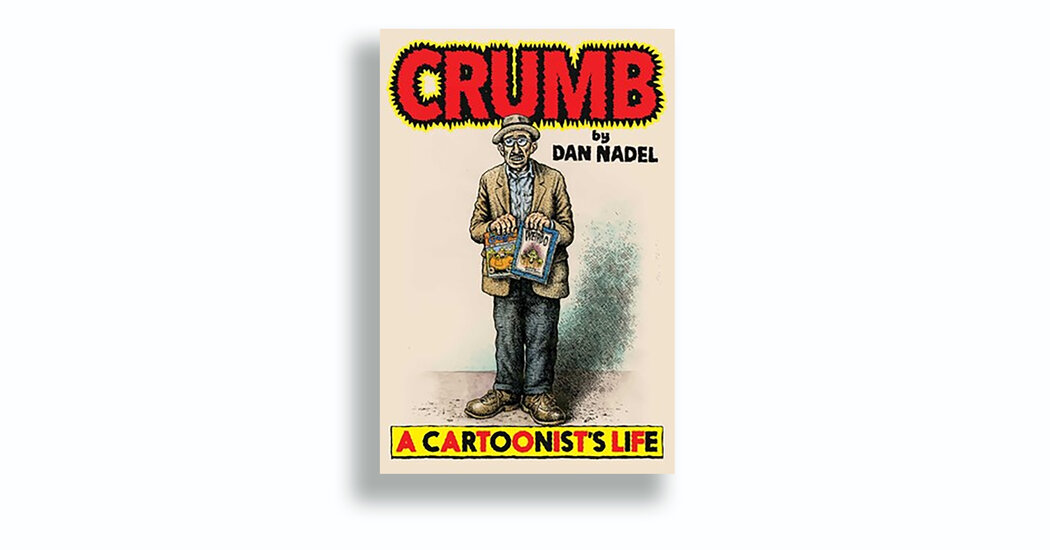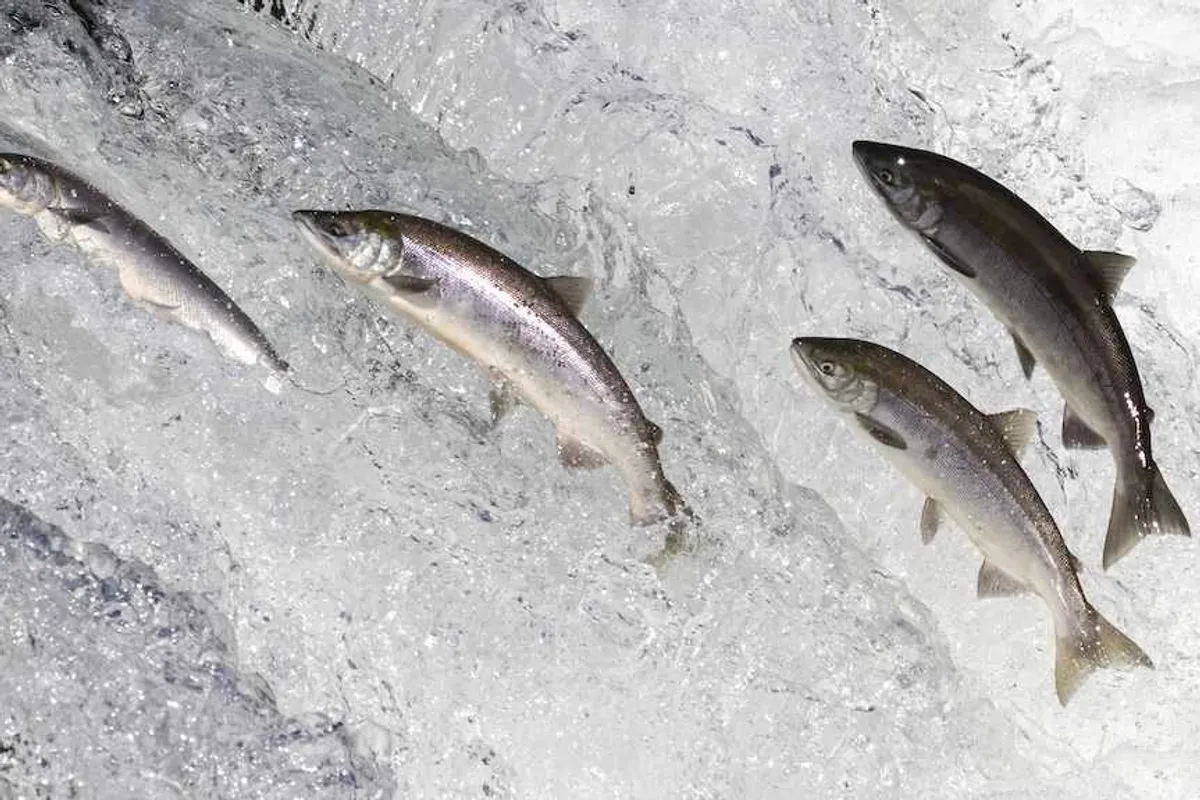If the mood these days is at once absurdist and anxious — I’ve come across recent poetry collections called “Ominous Music Intensifying” and “Forecast: Pretty Bleak” — well, this week we have books to suit, from Marie-Helene Bertino’s whimsical death-inflected stories to Adam Becker’s skeptical overview of techno utopians, and from Joan Didion’s anxious therapy diaries to an exemplary biography of the absurdist, neurotic cartoonist R. Crumb.
Also recommended: a strong poetry debut, an account of the Virgin of Fatima and a history of the true-life spy program behind the TV series “The Americans.” Happy reading. — Gregory Cowles
The Illegals:
Russia’s Most Audacious Spies and Their Century-Long Mission to Infiltrate the West
by Shaun Walker
Walker’s fascinating and meticulously researched book details a century-long Russian project to infiltrate Western society by planting deep-cover spies — or “illegals” — to live for decades under false American identities in places like Hoboken, N.J. . The program began in 1922, when Lenin was still pacing the Kremlin corridors, and continues today under Vladimir Putin, who seldom met a Soviet relic he didn’t want to polish up. Read our review.
Sorrowful Mysteries:
The Shepherd Children of Fatima and the Fate of the Twentieth Century
by Stephen Harrigan
This personal, engaging new book by a novelist and journalist explores the enduring power of the Virgin of Fatima, the apparition reported by three Portuguese children over the course of six months in 1917. Harrigan — who was himself fascinated by miracles and holy relics during his Catholic childhood in 1950s Texas, before adopting a more skeptical view — suggests that the popularity of the Fatima cult was helped by a political battle between Catholic traditionalists and secular republicans that was raging in Portugal at the time. Read our review.
Exit Zero:
Stories
by Marie-Helene Bertino
The stories in Bertino’s death-haunted and very funny new collection frolic in the nether zone between fantasy and reality: A woman’s estranged father dies and she discovers a unicorn living in his yard; balloons float into a character’s garden carrying cryptic messages from who knows where (“YOU SEEM LONELY,” “WE ARE UNDER ATTACK”). These and other premises verge on precious, but the prose is photorealistic enough to neutralize the taste of sugar. Read our review.
Crumb:
A Cartoonist’s Life
by Dan Nadel
R. Crumb’s underground comics, as exemplified by characters like Fritz the Cat, Mr. Natural and the big-footed amblers from the “Keep On Truckin’” cartoon, were instrumental in shaping the counterculture of the 1960s and beyond: His Zap Comix, not for kids, read like a stoner version of the Sunday funnies. Nadel’s sleek and judicious new book is an ideal, definitive biography, revealing a fascinating and complicated figure who scratched his own psyche and uncovered America’s unruly id. Read our review.
Notes to John
by Joan Didion
Drawn from Didion’s previously unpublished reflections on sessions with a therapist, “Notes to John” — addressed to her husband, John Gregory Dunne — is at once slightly sordid and utterly fascinating, as it shows the celebrated author (who died in 2021) grappling with her legacy, her anxiety and, especially, her longstanding maternal concern for the well-being of her troubled daughter, Quintana Roo, who died at 39 of complications from pancreatitis. Though written with Didion’s constitutional meticulousness, the book is less a finely cut sapphire than a cloud of diamond dust, sparkling even as it complicates our view of an important figure. Read our review.
More Everything Forever,:
AI Overlords, Space Empires, and Silicon Valley’s Crusade to Control the Fate of Humanity
by Adam Becker
Becker, a science journalist, subjects Silicon Valley’s utopian pipe dreams to critical scrutiny in this smart and wonderfully readable new book, which traces the various plans advanced by billionaire tech entrepreneurs in their grand bids to “save humanity.” From artificial intelligence to colonizing outer space, the animating force behind such projects is what Becker calls “the ideology of technological salvation.” He argues that Silicon Valley’s preoccupations have created their own kind of warped ethics, offering transcendence without regard for practical limits or conventional morality. Read our review.
Hardly Creatures:
Poems
by Rob Macaisa Colgate
Books of lyric poems work like museums: We wander, we investigate, we marvel at our favorites. Colgate’s exciting, sometimes shocking debut collection makes that comparison explicit — imagining the book as a museum devoted to disability access, a space made of language. These poems attend, delightfully and exceptionally, to extraordinary bodies and to shared physical needs. Better yet, they attend to the joys, the constraints and the weirdness of new and old poetic forms: Colgate can roll accounts of his life into ghazals, stack them in abecedarians, shuffle them into sestinas or drop into a cascade of intimate truths. Read our review.
The post 7 New Books We Recommend This Week appeared first on New York Times.




